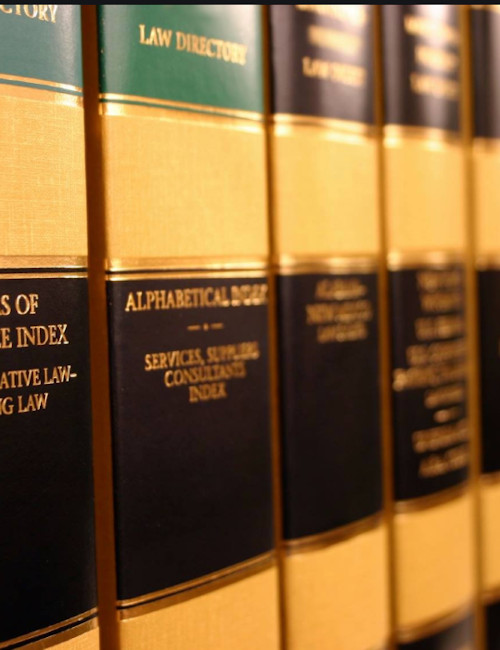Texas Legal Process:
Expunctions and Nondisclosures
For those who have been caught up in the criminal justice system, untangling yourself from your past can be difficult. Unfortunately a dismissal of criminal charges or successful completion of a deferred probation term does not mean evidence of the case or your arrest goes away. Having a clear criminal record is a valuable thing. Criminal arrest record searches are common, inexpensive and can affect every aspect of a person’s life from buying a home to being hired for a job. Depending on how your criminal event was settled, seeking an expunction or a nondisclosure could be available to you to ensure the issues of the past do not affect your future.

It depends. If you have completed a deferred adjudication probation, or in some limited cases a straight probation or jail time, you may be eligible to have the record of your probation nondisclosed (sealed). There are many factors that can impact your ability to request and receive a nondisclosure of your successful deferred probation term. Consult a lawyer to see if you would be eligible to seek a nondisclosure in your case.
A order of nondisclosure is a legal process that seals qualifying parts of your criminal records. Orders of nondisclosure stop public entities, including law enforcement, courts, clerks and prosecutors offices from sharing information about a sealed offense. While there are exceptions, generally speaking, an order of nondisclosure hides the fact you have been on a deferred probation from the public. Orders of nondisclosure are case specific, have varying time frames and only apply to certain types of criminal offenses and dispositions.
In limited circumstances you may be able to petition for an expunction immediately upon the dismissal of your case. Orders of expunction typically require a statutory waiting period before you can apply. These statutory waiting periods can vary dramatically based on the type of case you were arrested for and how that arrest was disposed. Your attorney will be able to gather all necessary facts from your case and advise you if and/or when you would be able to file for an expunction. The process of obtaining an expunction alone can take up to six months before the records of your case are permanently removed.
Protect your name. If you are eligible for an expunction, you should seek an attorney to help you pursue the opportunity to clear your record.
An expunction is a legal filing that seeks to remove an arrest and all associated “files” from your record. Anytime someone is arrested, law enforcement creates a “file” to track the person through the system. Your personal information is kept in county, state and national databases reflecting what you were arrested for and the disposition, if any. Law enforcement may access this database at any time. Expunctions order all governmental agencies with information related to your arrest to be destroyed. A violation of an expunction order is a misdemeanor offense.
If your arrest was not accepted by the prosecutor, dismissed at the Court level or ultimately you were acquitted for an offense, you may be entitled to ask for the arrest “file” to be destroyed. Certain restrictions and time frames may apply, depending on the type of offense you were arrested for.
No.
Oftentimes people believe that a dismissal immediately results in an arrest disappearing from your record. Unfortunately that is not the case. Even though you were not convicted of a crime, records of your arrest can still affect your life.
In order to clear your record, if the offense you were charged with qualifies, you must seek an expunction.








